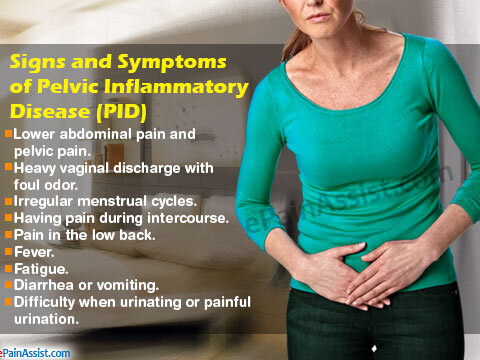Pelvic pain is often related to menstruation. It can be mild, moderate, or severe and can be related to other symptoms as well. It can be dull or sharp, and it can happen suddenly or over a long period of time. It can also be accompanied by other symptoms, such as depression or a decreased ability to sleep. Regardless of the cause, a visit to a healthcare provider is recommended. They will run a series of tests to determine the cause of your pain. A doctor will also be able to rule out other health conditions that may be causing the problem.
If you are suffering from pelvic pain, you should seek medical attention immediately. There are many causes of this discomfort, and the best treatment will depend on your specific case. Your doctor will first need to determine the underlying cause of the pain. If it’s not caused by an obvious medical condition, the treatment will consist of addressing the underlying cause. This may require multiple treatments and physical therapy. If you’re not experiencing significant pain, a doctor may recommend alternative therapies, such as lifestyle changes and medication.
The most common cause of pelvic pain is infection or urinary tract problems. If you have a blockage in the urethra, pelvic pain may be a sign of an infection. Inflammation or weak muscles and tendons are another possible cause. Infection or a cyst or tumor may be the cause of your discomfort. Regardless of its cause, it’s important to see a doctor for proper treatment.
Sometimes pelvic pain is a sign of a sexually transmitted disease. Sexually transmitted infections, or STDs, affect eight million people in the United States every year. Symptoms may include painful urination, spotting between periods, or changes in vaginal discharge. In addition to these symptoms, pelvic pain can be a consequence of an ectopic pregnancy. Additionally, a urinary tract infection can lead to bladder problems, including irregular menstrual cycles.

If you suffer from pelvic pain, your doctor will want to rule out certain diseases and conditions. In most cases, the cause of pelvic pain is a medical condition. Your doctor will perform a thorough examination to rule out other conditions and determine the best treatment for your specific condition. The disease may be genetic or traumatic, or the result of a malfunction of the reproductive system. If you are experiencing symptoms of both types of pelvic pain, it is recommended that you consult your doctor and a health website scib.co.th.
Despite what you may think, sexually transmitted diseases can also cause pelvic pain. Symptoms of a pelvic infection range from severe discomfort to pain that resembles an excruciating cramp. A patient suffering from this disease may also have an enlarged prostate or uterus. The infection can cause painful periods and localized pressure in the lower back may also occur. Some of these infections can lead to severe abdominal bleeding.
Inflammation of the uterus can also cause pelvic pain. The condition that causes pelvic congestion syndrome can cause severe pressure in the pelvic area. This is often associated with high levels of estrogen in the body. Most often this occurs in women of reproductive age. The pain can range from dull to sharp, stabbing pain. It may even be accompanied by nausea and vomiting. This condition can be a symptom of other diseases, including cancer.
In women, pelvic pain may be the result of an infection or pelvic inflammatory disease. However, men may also experience this pain. In men, the pelvic organs may be affected by this pain. When an infection occurs, the organs may be inflamed. Infections in the pelvic region can be a source of pelvic pain. Patients suffering from these infections should visit a doctor as soon as possible.
Other causes of pelvic pain are urinary tract issues. Infections of the bladder may lead to persistent pelvic pain. Medications that are effective for bladder infections may not be effective. Infections of the pelvic girdle can lead to scar tissue, which can lead to chronic pelvic pain. If your symptoms are accompanied by fever, you should seek medical attention immediately. There are several other causes of chronic pelvic pain.